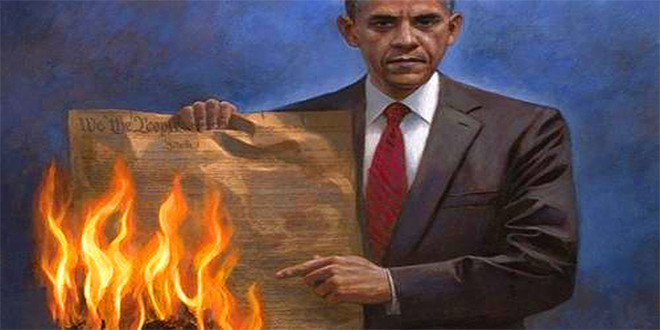by Mike Lee | PHILLY.COM | April 10, 2015
In the words of Justice Anthony Kennedy, “You cannot preserve what you do not revere. You cannot protect what you do not comprehend. You cannot defend what you do not know.” To that profound statement, I would add: You cannot find what you do not know is lost.
Over the last century our great nation has experienced a steady, and sometimes deliberate, drift away from its founding principles. Many have questioned whether our Constitution has been lost in the process – not physically lost, of course, but lost in the sense that, in forgetting about many of that document’s most important features, we have ceased to uphold them and lost the protections they offer. Nevertheless, I am convinced that these features are not gone forever but lost in plain sight.
What is abundantly clear to most Americans is that big government spies on, lies to, and targets us as citizens. It taxes us too heavily and regulates our lives relentlessly. And it does so in a manner that cannot be reconciled with the text and history of the Constitution. Americans intuitively understand that we have lost something over the years; they sense something is missing but aren’t sure what it is or where to find it.
In my office in the Senate, I keep two stacks of documents, a visual reminder of one of the things that is lost when elected officials and citizens lose sight of the Constitution. The first is a collection of all the legislation passed by Congress in 2014; just a few hundred pages in length, this stack is only a few inches tall. The second is a collection of regulations adopted by federal agencies that same year; it is roughly 11 feet tall. The contrast is startling and serves as a reminder that most of our laws are now put in place not by Congress – which, according to the Constitution, possesses “all legislative powers” within the federal government – but by federal bureaucracies.
To be clear, bureaucrats have not stolen lawmaking authority from Congress. Instead, Congress has delegated that power to the executive branch by legislating in broad, lofty terms and then outsourcing the tedious and often controversial task of filling in the details.
The problem with this arrangement is not that members of Congress are inherently wiser than their bureaucratic counterparts; nor can it fairly be said that the latter are somehow incompetent or malevolent. The men and women who write our federal regulations are, for the most part, well-educated, hardworking, and well-intentioned.
The problem is that far too many of our laws are made by men and women who are not elected and therefore are not accountable to the people governed by the rules being promulgated.
The Constitution gives Congress, not third-party federal employees, the power to make law. When Congress delegates that power, it interrupts the delicate system of accountability designed by our founding fathers. This system is neither liberal nor conservative, neither Democratic nor Republican; it is simply American. To the extent we have adhered to that system, it has served us well. But our willingness to neglect the Constitution has made us less free and subjected us to a form of government not of our own choosing.
The American ideals of limited government and individual freedom are hanging in the balance and are under attack. We must discover that the backbone of a free society and America’s greatest contribution to the world is the idea that we can pursue happiness in a society that gives power to the people by restraining the power of government.
The Constitution is not a document for the past; it has always been a promise for the future. And to the extent we have departed from it, we must reclaim our future by rediscovering our past.
To find what has been lost, we must look not only to our nation’s founding documents but also to the lives and legacies of the founders. Their stories are our stories; they unite and teach us about who we are, what we should expect, and what we can create together. They give rise to new courage needed in a time when, more than ever, Americans view the future with apprehension. Such a search isn’t about just yearning for the greatness of the past, but realizing that there is still more for free people to do, to be, and to become.
It’s time to usher in a new era of limited power in government and unlimited potential in America. There are jobs to grow, communities to strengthen, individuals to lift, and progress to be made. There is security to pass on to our children and prosperity unmatched to obtain.
By discovering our lost Constitution, we can find the future we long for; and while looking back to the lives and stories of those who have gone before, we can confidently and clearly move toward America’s greatest century.
Mike Lee is a Republican U.S. senator from Utah.
Source:
http://www.philly.com/philly/opinion/20150405_Finding_unlimited_potential_in_limited_power.html
 Weaponized News New World Order politics, economics and current events
Weaponized News New World Order politics, economics and current events







